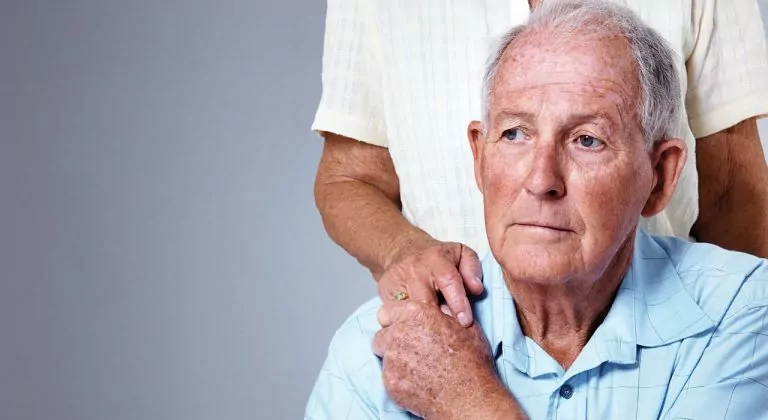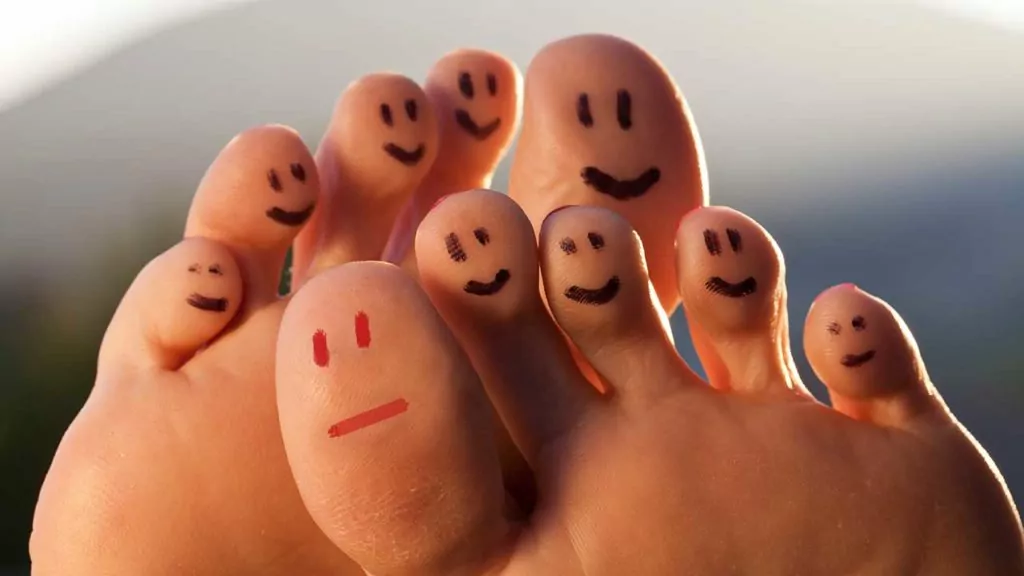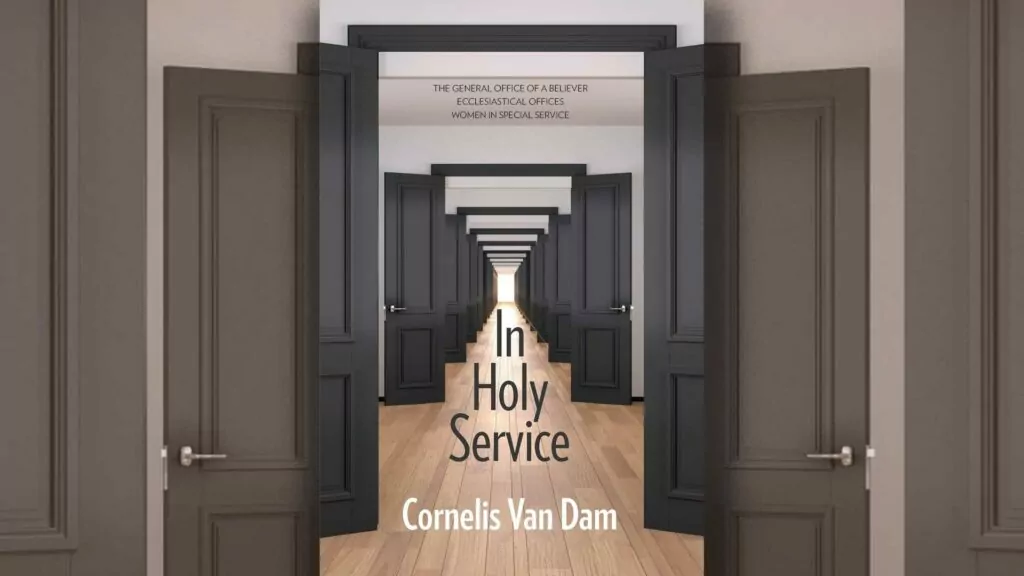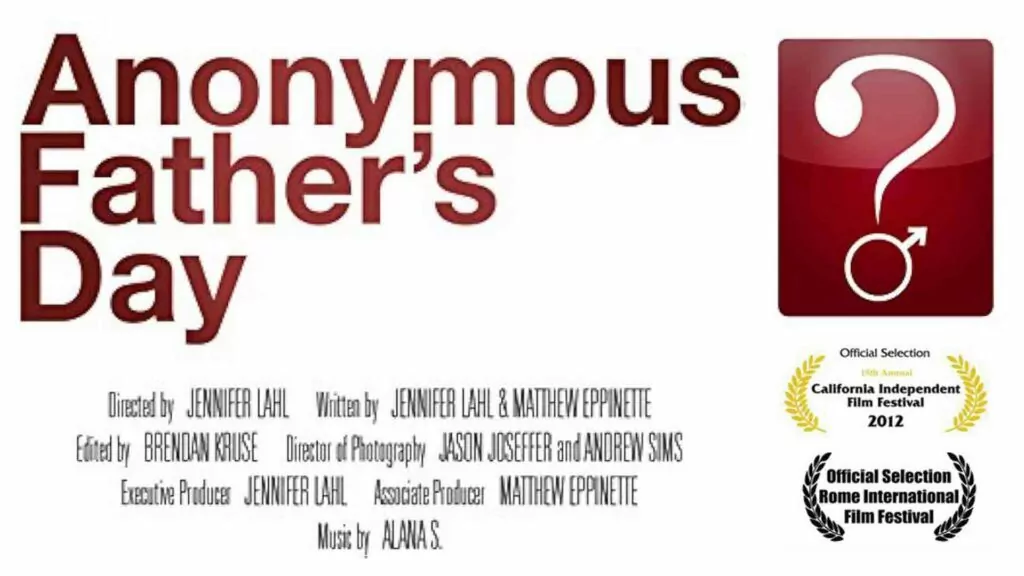A book summary of Kelly Kapic’s Embodied Hope
****
Pain and suffering require good theology because often, during intense pain of any kind, the whole question of how God’s sovereignty and goodness relate becomes intensely personal. Often Psalm 92:15 – The Lord is upright; he is my Rock, and there is no wickedness in him – becomes a very difficult confession. Is God really good? Sometimes it’s an arrogant question, but when there’s suffering it is often something entirely different.
In Embodied Hope: A Theological Meditation on Pain and Suffering, Reformed theologian Kelly Kapic considers physical pain and discusses “how a Christian might live in the midst of suffering.” That is, ultimately, what those in pain need, far more than abstract theories of the problem of suffering.
THE NEED TO KNOW GOD AND KNOW THE SUFFERER
Kapic, a professor with a wife who suffers severe chronic pain, insists that to help others with pain we need both pastoral sensitivity and theological insight. Without careful study of who God is – without theology – we often head into psychology and moralism. Conversely, without loving and knowing the sufferer, we may end up with harsh principles.
Kapic’s deep understanding of the gospel, and of pain, and of the writings of godly men like Augustine, Athanasius, Luther, Calvin, and Bonhoeffer, enable him to explores how hope and lament are intertwined. He discusses how we can deal with the fact that God’s good creation has been compromised, how we experience that as we suffer, how to lament that biblically, and how God’s faithfulness ultimately shapes biblical lament.
Vigorously rejecting the ancient and still common idea that the body and its pain are not important, Kapic points out that God created our bodies as well as our souls. Our bodies are essential to our identity as individuals, they are essential to our relationships, and essential to our worship. And all of that is tied to Jesus Christ, who is hope embodied, hope made physical. Jesus is the answer to the sufferer’s questions and he is God’s solution to the brokenness of the universe. Because of him our sufferings are not the final word, nor are pain, aging, forgotten memories, or death.
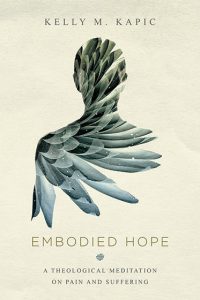
2017 / 192 pages
GOD GIVES US EACH OTHER
However, it is not only our individual relationship to Jesus Christ that counts; our relationships in the body of Christ are also vital. In fact, suffering shows how essential the body of Christ is to each member. Kapic states that we are in essence “members of a larger body, and thus also inherently unstable when isolated.”
If this is true in general, it is even more important when someone is suffering. Being is pain is not a safe place to be alone. Lonely pain opens up temptations to despair, to dwelling on already-forgiven sins, and to questioning God’s care. A Christian who suffers chronic pain alone is vulnerable to Satan’s attacks, but a Christian who suffers in the body of Christ is, ideally, carried and encouraged by the faith, hope, and love of other believers. For example, when Luther was ill, he begged prayers from his friends that he would be saved “from blasphemy, doubt and distrust of his loving God.”
Even so, sufferers must not ultimately look to other believers but to God’s revelation in Christ, since all faith, hope, and love “must ultimately point to and come from the triune God, and not merely from the communion of saints.”
BEING THERE
Of course, believers need to learn how to come along side those in pain. We often just want to help and, while this can be very important, our goal should not be to “fix” the other person. Rather we must learn to accept that pain is real and that the suffering person often just needs someone to be there. It can be very hard to watch someone suffer, and many people feel helpless and want to run away. Instead, we need to learn to share God’s love, perhaps with a glass of cold water, or a card, or a smile, or perhaps with endless hours of simply being there, suffering faithfully together, listening, honestly accepting the pain, and pointing to Christ, together.
Just as the suffering person needs other believers, so other believers need sufferers. In loving and being loved by sufferers, those who are well are reminded that they, too, are poor and in need of God’s grace. Otherwise it can become easy to imagine that they are self-sufficient and deserve their wellness because of how faithful they have been. Furthermore, those who suffer are uniquely able to witness that, though troubles are real, “God is unflinchingly faithful.”
And, as Kapic points out, sufferers, too, have a responsibility. They can encourage and serve those who are well by loving them and being grateful and compassionate. They “need to beware of abusing others.”
“Those dealing with a great deal of pain often have to work hard to avoid self-absorption and cultivate neighbor love. It takes intentionality. It takes a missional focus. But it can be life-giving.”
CONCLUSION
In Embodied Hope Kapic, as the husband of a wife with chronic pain, shares many practical insights. Yet he always comes around to this:
“Beloved, amid the trials and tribulations of life, let us have confidence not in ourselves, not in our own efforts, but in God. This God has come in Christ, and he has overcome sin, death, and the devil. While we may currently be walking through the shadow of death, may our God’s love, grace, and compassion become ever more real to us. And may we, as the church, participate in the ongoing divine motions and movements of grace as God meets people in their need.”
This book has helped me come to terms with the fact that chronic suffering exists and has given me insight for supporting my daughter. I think it will be a blessing to every Christian who suffers physical pain or who loves someone who does, and I strongly recommend it. Embodied Hope would be a great addition to a church library, as well.
Annie Kate Aarnoutse reviews books at Tea Time With Annie Kate where this first appeared.







